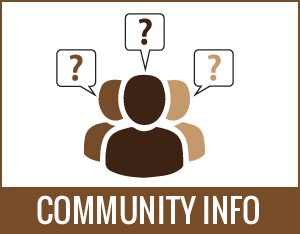
- By Amanda Pruitt
- Posted Thursday, March 12, 2020
Changes to the Public Charge Test
Rules regarding the public charge test have changed recently. The term “Public charge” is used by immigration officials to determine whether a person is likely to become dependent on the government for support and is used as one of several factors to determine whether the person can enter the United States or obtain a green card (lawful permanent residency). The new rule requires immigration officials to examine many factors including whether a person is likely to or has received public benefits, which could negatively impact their ability to enter the country or obtain a lawful permanent residency status. Immigration officials will begin to examine a person’s health, age, income, skills (including their ability to speak English), and the use of public programs including: Supplemental Nutrition Assistance Program (SNAP or “Food Stamps”), Federal Public Housing and Section 8 Assistance, Medicaid (except for emergency services, children under 21 years, pregnant women, and new mothers), and Cash assistance programs (like SSI, TANF/Work First, etc). The new rule became effective on February 24, 2020.
This rule does not change any eligibility criteria, policy or procedures for receiving public benefit programs. Recipients are urged to review information about the Public Charge rule, to make informed decisions for themselves and their families. In order to support customers with questions regarding such, please find the following resources:
English Flyer: Public Charge: Getting The Help You Need
Spanish Flyer: Carga Publica: Obtenga La Ayuda Que Necesita
English Video: Five Things Immigrants Need To Know about Public Charge
Spanish Video: Cinco cosas que los inmigrantes necesitan saber sobre la nueva regla de carga pública






